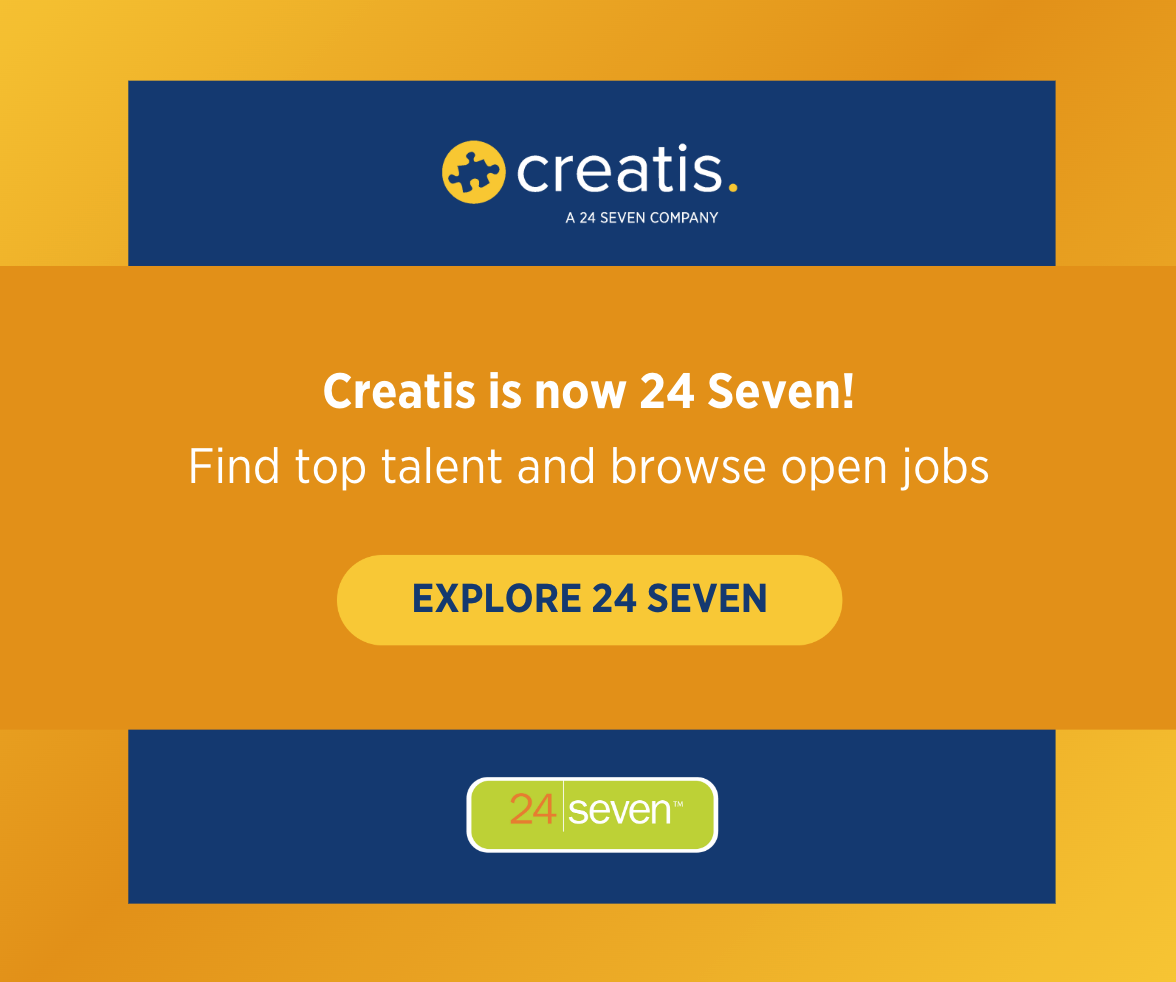The Lost Art of Just Figuring It Out
We're over a month into the shelter-in-place directive from Governor Walz, which may be eased in the coming weeks. I don't know about you, but in the past couple weeks I've adjusted to these new working conditions. No matter what happens with regards to where we work in the future, I am confident we can do it and stay connected, even if our conditions aren't always ideal. While the difficulty of this time for so many can't be understated, I feel incredibly grateful to be working consistent hours with what feels like extra time to devote to projects that likley would've been pushed to the back burner at the office.
Of course, time doesn't actually speed up or slow down, but our experience of time does change with our circumstances. One big benefit of staying home is feeling like your time is a little more elastic or breathable; with room to move around in and focus on things you wouldn't have otherwsie. For me, it's been a welcome space to reset, reassess and reimagine my professional and personal self. It's also an opportunity to refine or tune-up my skills. This skill "tune-up" aligns with the Creatis Be Excellent core value, which is all about striving to bring your professional best to work while staying teachable.
I want to emerge from this isolation period better, sharper and more focused on my career and goals.
I've decided that I want to emerge from this isolation period better, sharper and more focused on my career and goals. But isn't that kind of a broad statement, Seth? Yes, it is, but conjuring the will to improve is more than half the battle! The next step is narrowing it down, which can be hard for more abstract thinkers like myself, but nonetheless doable.
Whether you want to become a better written communicator, marketing software expert or guitar player (all of which happen to be on my list), you can't do it all at once. You have wittle down the world of your passions before getting to the improvement stage. Building skills takes time, which isn't a bad thing because as I said before, it feels like we've got a lot more of it. Right now I'm trying to improve my grammar. Here's a few things that help me think about building skills.
Practical Ways to Learn—and Keep—New Professional Skills
- Get Comfortable Not Knowing
- This is the first step and it's relevant to the time we find ourselves in. It takes courage to admit what you don't know, but how would anybody learn anything if we didn't first not know it? We're all in the same boat. Einstein was born a physics genius, after all. Make a list of what you don't know about your skill or subject and start chipping away by answering your questions one by one.
- One Thing at a Time
- We've got the rare opportunity to reprioritize what we work on right now, so let's take advantage of it by focusing on one skill at time and devoting our focus to it. Set a schedule for yourself and try to stick with it. Even if it's just an extra 30 minutes to research a topic, software or aspect of business. Every little bit contributes to the whole. Take lots of (legible) notes that you can return to.
- The Internet is on Your Team
- If you choose to partner with the Internet and utilize it as a sort of open library, there are so many resources to be uncovered beyond the usual distractions. Youtube, free webinars, open college courses, digital libraries and so much more. Using the internet for research and training will give you a leg up on learning your new skill. Ask your employer if they would help you financially on your path to learning this new skill, becausewhat you learn may be beneficial to the company.
- Do a "Teach Back"
- A great way to test your understanding of a subject is to try to explain it to another person. It's amazing what your brain will do to fill in the gaps when you have to get the information out of your head and into someone else's. You'll get an instant sense of how well you "get" the subject you're working on. "Teach backs" are useful tools that the Creatis team practices regularly on an individual and team basis to improve and retain information.
- Take Breaks
- There are lots of psychological studies that show the human brain can focus for around 27 minutes at a time before it needs a breather. So I'm giving you the OK to watch a cat or music video before getting back to it. You can blame me if your supervisor catches you in the act. Just explain that you're just obeying the laws of science. Your brain needs time to digest too!
If you're looking to put your newfound marketing or creative skills to work, learn more about joining the Creatis team below.






